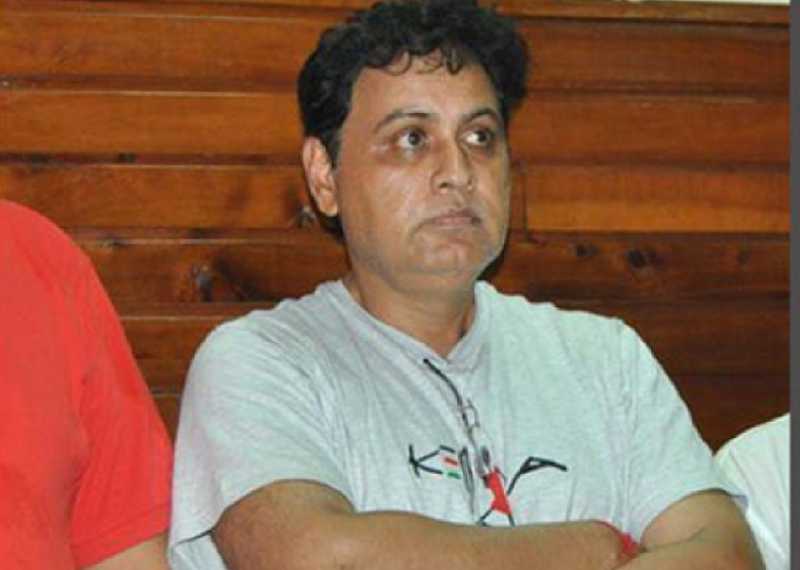×
The Standard e-Paper
Fearless, Trusted News

Fresh details are emerging as the case against one of the biggest drug trafficking families on the continent continues to unravel in the American judicial process.
At the height of their power and influence, the Akasha family was untouchable. Law enforcement knew of their dealings but could not quite pin the family down. This was only until an acquaintance agreed to a deal, and for close to five years, became the inside man in a nervy, dangerous war of drugs in Kenya’s coastal city of Mombasa.